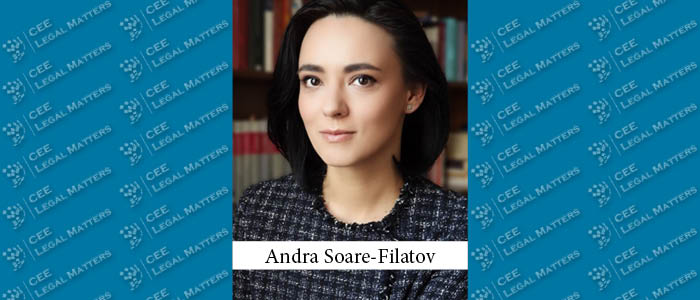On May 17, 2017, a governmental draft of the act on actions for damages caused by in-fringements of Competition law (the “Private Enforcement Act”) was approved by the upper house of the Polish parliament. It is now awaiting the presidential signature. Alt-hough this legislative proposal was forced by EU Directive 2014/104/EU (the “Private En-forcement Directive”) and it mostly transposes its provisions into Polish law, it also intro-duces revolutionary changes to the law of delicts and the corresponding civil procedure.
The adoption of the Private Enforcement Act will remove certain procedural impracticalities inherent to any action for damages resulting from a Competition law infringement. Moreover, it goes beyond the measures stipulated under the Private Enforcement Directive. It is expected that the Private Enforcement Act will enter into force by the end of June, 2017.
A Set of New Presumptions
The Private Enforcement Directive introduces a presumption that cartel infringements cause harm. The scope of the implementing provision under the Private Enforcement Act is significantly broader than required under the Private Enforcement Directive, and ap-plies to any Competition law infringement, including abuse of dominant position, and ir-respective of the effect on trade between Member States.
Presumption of fault is also new to the delictual liability based on the concept of fault. While the Private Enforcement Directive does not impose a specific rule in respect of the basis for liability, the Polish legislator opted for fault-based liability (rather than risk-based liability, which indeed does not require evidence of fault). At the same time, this presumption constitutes another step beyond the Private Enforcement Directive, which does not speak of such a legal tool.
Finally, the Polish implementing measure introduces a presumption of the pass-on effect in respect of an overcharge paid by the indirect purchaser, where the infringement caused an overcharge paid by a direct purchaser and the indirect purchaser acquired products or services from the direct purchaser. Such a presumption is claimed to be in line with the goals of the Private Enforcement Directive, although addressed only in its preamble.
Taken together, the three presumptions greatly improve the position of Polish claimants by shifting the burden of proof to the defendant in respect of the causal link between in-fringement and loss.
The New Rules of Discovery
The Private Enforcement Act introduces a new discovery measure, previously unknown to the Polish civil procedure: A request for disclosure of evidence. The aim of this new evi-dentiary tool is to provide claimants with access to evidence not in their possession and which is inaccessible under the current procedure unless the precise scope of the evi-dence is known to the claimant. Pursuant to art. 16 of the Private Enforcement Act, courts, at the request of claimants able to prove the plausibility of their claims and who undertake to use the evidence only for the purpose of ongoing private enforcement pro-ceedings, will order the defendants or third parties to disclose evidence at their disposal. Furthermore, under similar conditions, courts may also compel the competition authority to disclose evidence. These discovery measures now provide an abstract description of the type of evidence which must be disclosed, as claimants are no longer required to specify the exact item or items which must be disclosed, but only the type of items and their key features.
Statute of Limitation
Probably the most crucial legislative amendments introduced by the Private Enforcement Act concern the statute of limitation for private enforcement. In most cases the current limitation period runs out while antimonopoly proceedings before the competition authority are still ongoing, which renders access to private enforcement illusory at best. The Private Enforcement Act extends the present limitation period of three years to five years. Furthermore, and more importantly, it introduces suspension rules which, in the event the competition authority takes action towards an alleged infringer, suspend the statute of limitation until one year after the authority’s decision becomes final or the proceedings are otherwise terminated. This significantly improves access to private enforcement and, in particular, access to evidence gathered in the course of antimonopoly proceedings.
By Marta Smolarz, Head of Antitrust & Competition, and Joanna Szacinska, Associate, Noerr Warsaw
This Article was originally published in Issue 4.6 of the CEE Legal Matters Magazine. If you would like to receive a hard copy of the magazine, you can subscribe here.
























